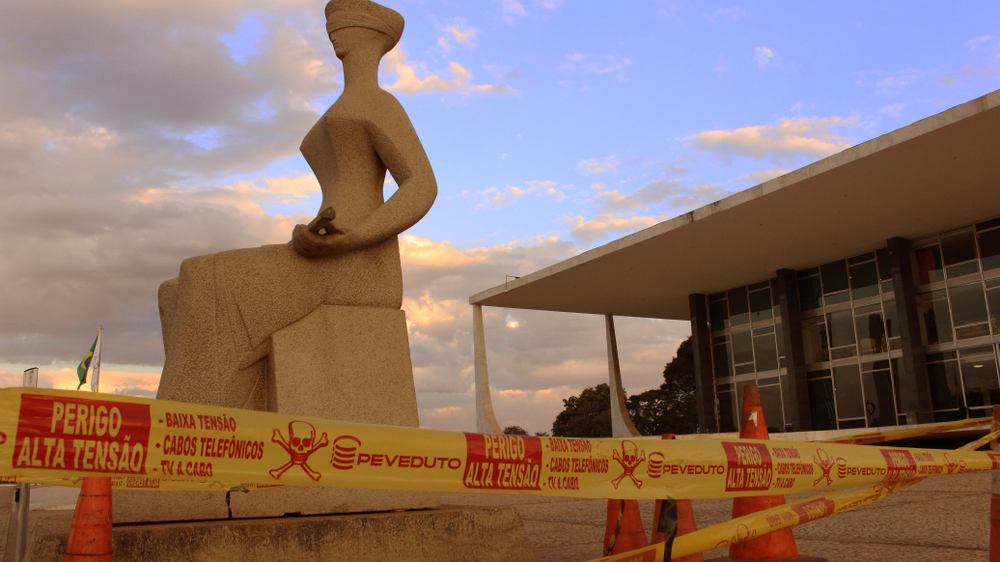Approved early in December, Brazil’s “anti-crime bill” will come into force on January 23—and it is set to make the Brazilian penal system even harsher than it already is. Though the proposal was significantly changed in Congress, it will still go down as the main accomplishment of Justice Minister Sergio Moro’s tenure so far—and it goes in line with the government’s (highly contested) ethos of hammering down on criminals as a strategy to curb criminality rates.
To sum it up, here are the main issues that were approved:
- Harsher penalties. Life sentences in Brazil were increased from 30 to 40 years. Several crimes—such as defamation on social media, illegally bearing arms, robbery using a lethal weapon, or homicide using restricted firearms—also had their maximum sentences increased.
- Guns. Bearing restricted firearms is no longer a “heinous crime,” which would carry stricter rules for defendants.
- Arrests. The law establishes more clear cut rules on criteria for judges to allow pretrial arrests—destined not to punish, but to prevent evidence-tampering. Until now, these criteria were vague and subjective. Now, judges are required to give concrete evidence to back a pretrial arrest order.
- Furloughs. Those convicted for heinous crimes can no longer qualify for prison furloughs.
- Lawyer-client confidentiality. Meetings between maximum-security prisoners and their lawyers may be taped. Some legal scholars say this violates the right of defense; while advocates claim it protects lawyers from dangerous offenders.
- Whistleblowers. The bill creates a protection system for civil servants who want to denounce crimes within the public administration.
- Guarantee judges. Included by Congress, this new type of judge will act in the pre-procedural phase to ensure that the...


 Search
Search






































